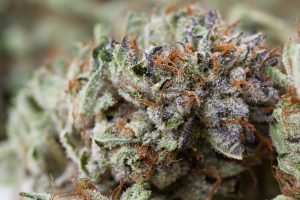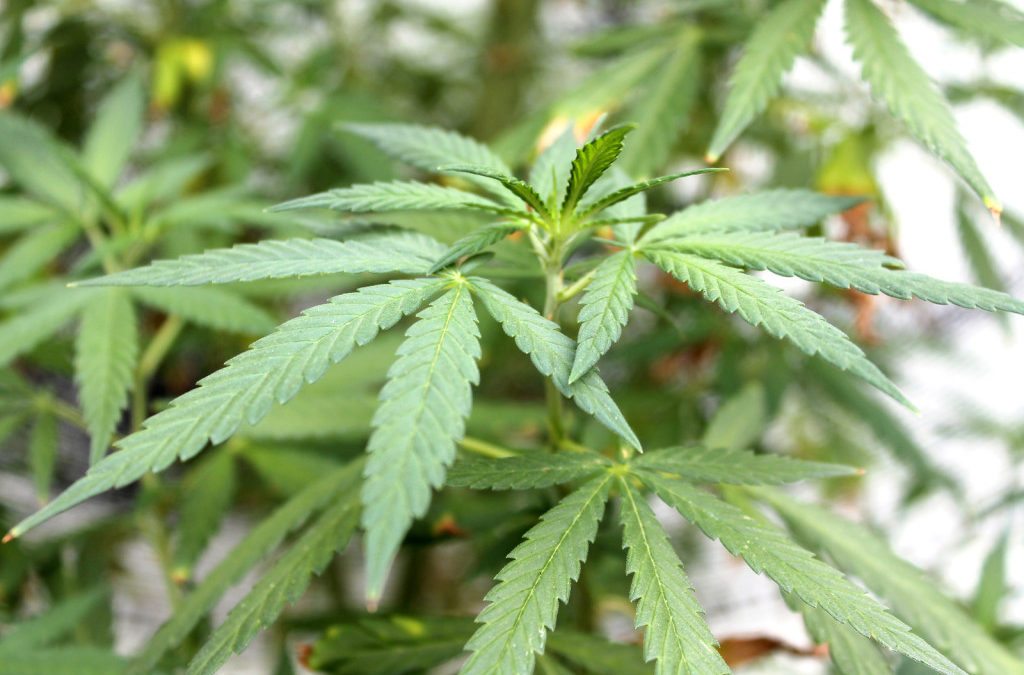As an expectant mother, you do everything you can to make sure that your unborn child is as healthy as possible in the womb. You already know that alcohol, tobacco, and certain prescription medications can be dangerous to a developing fetus, but is the same thing true of marijuana? Is it safe to ingest or smoke Cannabis while pregnant? Medical researchers have found mixed results, but in short, I feel that the risks outweigh the benefits at present. In this article, we’ll go over the pregnancy health risks associated with use of medical marijuana. Of course, you should always talk to your doctor about using Cannabis before making any medical decisions.
Pro: Jamaican Cannabis Pregnancy Study Finds No Negative Effects, Improved Reflexes
Dr. Melanie C. Dreher, PhD., is the Dean Emeritus of the College of Nursing at Rush University in Chicago. During the 1980s, Dreher and several colleagues from UMass – Amherst began a long-term medical study tracking a group of 59 Jamaican children whose mothers used marijuana during pregnancy. These children were compared against a control group whose mothers did not use marijuana while pregnant. To reduce the chance that data could be skewed by outside factors, such as having better access to food or healthcare, users and non-users were matched as closely as possible in terms of their age, earnings, and socioeconomic status.
The children who participated in the study were examined at one day old, three days old, and 30 days old. These examinations were based on the Brazelton Neonatal Behavioral Assessment Scales (NBAS), which was developed in 1973 to assess the “strengths, adaptive responses and possible vulnerabilities” of infants. The NBAS, which are designed for use on babies up to two months old, test infants on 28 behavioral points and 18 reflex points, such as breathing, temperature regulation, and motor control.

Children in the study were also tested at ages four and five years old. In these age groups, assessments were based on the McCarthy Scales of Children’s Abilities, which is meant to assess children aged two and a half to eight and a half years old. The McCarthy Scales measure children on six criteria: verbal abilities, perception and performance (e.g. blocks and puzzles), quantitative (understanding numbers), composite (general cognition), memory, and motor skills.
The study was published in the peer-reviewed West Indian Medical Journal in 1991. Here’s what Dreher and her colleagues found:
“The results show no significant differences in developmental testing outcomes between children of marijuana-using and non-using mothers except at 30 days of age when the babies of users had more favourable scores on two clusters of the Brazelton Scales: autonomic stability and reflexes.”
(“Autonomic stability” refers to the stability of the body’s involuntary functions, such as digestion, heart rate, and constriction/dilation of pupils.)
In other words, the children of users and non-users were essentially indistinguishable from a medical standpoint – and when it came to their reflexes and involuntary bodily functions, the children of mothers who used marijuana during pregnancy actually performed better than those in the control group (at least at one month old).
The factor that made the biggest difference between the children had nothing to do with marijuana at all, and in fact, it wasn’t even medical. The study found that “developmental scores at ages 4 and 5 years were significantly correlated” not to their mothers’ use or non-use of marijuana, but to “certain aspects of the home environment and to regularity of basic school (preschool) attendance.” While correlation does not equal causation, this finding implies that – surprise, surprise – having good education and a stable home life is the more important key to developmental success during early childhood.
Con: Medical Marijuana Can Cause Low Birth Weight, Impulsive Behavior in Children
Now, all that being said, expectant mothers should still think twice before using medical Cannabis while pregnant. It’s always critical to look at both sides of an issue, and despite Dreher’s findings, there have also been studies which have documented negative effects linked to Cannabis use during pregnancy.
One such study, published in Alcoholism: Clinical and Experimental Research in 2008, examined the effects of pregnant mothers’ marijuana use on their children’s executive functioning. Executive functions refer to complex, upper-level cognitive (thinking) processes, such as reasoning, solving problems, and the ability to toggle between thinking about different concepts (which is known as cognitive flexibility).
Before we discuss the findings of the Alcoholism study, it’s important to point out that it examined “4-year-old children, the majority of whose mothers had used varying combinations of cocaine, alcohol, and marijuana during pregnancy.” The study described its method as assigning children “to overlapping prenatal cocaine-exposed, alcohol-exposed, and marijuana-exposed groups.” 29% of the participating mothers used marijuana, while 48% used cocaine and 66% used alcohol. Like the West Indian study, the Alcoholism study compared the children of substance-using mothers against a control group.
The study found that “prenatal marijuana exposure may affect preschoolers’ performance in a domain of EF [executive functioning] associated with inhibitory control.” Inhibitory control means having the ability to intentionally suppress or delay an action or behavior. (For example, waiting to reach for a cookie or toy that’s been placed on a table.)
The study also noted that “there is neurological evidence of the frontal-subcortical circuit’s vulnerability to prenatal exposure to [Cannabis]” (while acknowledging that exposure to cocaine and alcohol had a more dramatic impact). When the frontal-subcortical circuit doesn’t function correctly, the results typically include “impaired executive functions, apathy, and impulsivity,” as noted by a 2007 study published in Dialogues in Clinical Neuroscience. This aligns with the Alcoholism study’s finding that pre-natal marijuana exposure can lead to children having a decreased ability to control their impulses.
The Alcoholism study notes that its own findings are somewhat open to debate, stating that another study on a similar topic, published in Neurotoxicology and Teratology, “found no independent effect of either prenatal alcohol or marijuana exposure on EF,” and that “in adolescence, there were no marijuana effects on EF.”

However, yet another study published in Pediatric Research in 2012, which examined 24,874 Australian women over a seven-year period, found that “the use of Cannabis in pregnancy is associated with increased risk of adverse birth outcomes.” In particular, “Persistent use of Cannabis may result in decreased uteroplacental perfusion [blood flow] and intrauterine fetal growth restriction.” Additionally, the Pediatric study noted the following:
“A number of studies have reported some adverse effects, including low birth weight, preterm birth, small for gestational age (SGA), and small birth length. However, other studies have disputed these findings.”
In short, the medical community has come to varied and sometimes contradictory conclusions when it comes to the dangers of Cannabis use during pregnancy. Therefore, the safest course of action for expecting mothers is probably to abstain from use while pregnant. To talk about your eligibility for medical Cannabis in a private consultation, call Inhale MD at (617) 477-8886 today.

